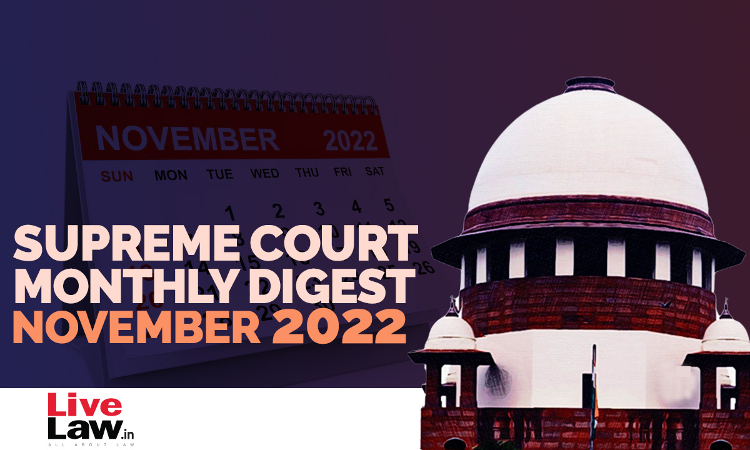Next Story
4 Dec 2022 7:54 PM IST
Supreme Court Bans Two-Finger Test; Says It's Based On Patriarchal Mindset That Sexually Active Women Can't Be RapedState of Jharkhand vs Shailendra Kumar Rai @ Pandav Rai | 2022 LiveLaw (SC) 890 | CrA 1441 of 2022The Supreme Court on Monday prohibited "Two-Finger Test" in rape cases and warned that persons conducting such tests will be held guilty of misconduct. It is regrettable...

